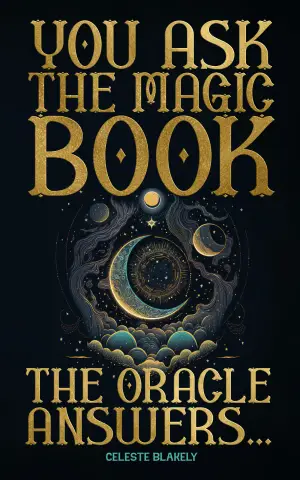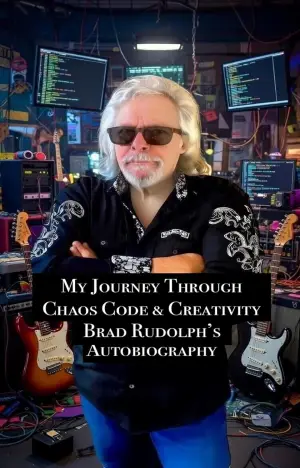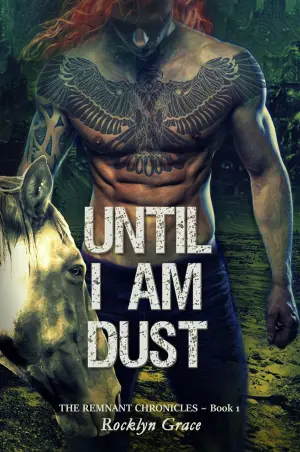As an avid reader and someone deeply invested in personal development, I recently picked up “Million Dollar Weekend” by Noah Kagan. The premise of the book immediately caught my attention: Kagan, the founder and CEO of AppSumo, claims to know how to launch a seven-figure business in just one weekend. I was eager to discover if his insights could help me navigate the murky waters of entrepreneurship.
To my delight, “Million Dollar Weekend” lives up to its promise. Kagan deftly breaks down complex concepts into actionable steps, making it easy for readers to absorb and apply his methodology. This book is not just filled with fluff; it’s actionable, straightforward, and layered with relatable anecdotes. Even seasoned entrepreneurs appreciate its simplicity and clarity, as noted by fellow readers. For instance, Alex C. shared how the book put him on an unexpected trajectory towards entrepreneurship. He felt a renewed sense of purpose, transitioning from finding solutions for his employer to tackling real-life problems that many face. Gi Gi O’Brien emphasized the book’s role as an “Execution BIBLE,” highlighting that Kagan’s focus on validating ideas resonates with those looking to create a profitable venture.
That said, there are two notable drawbacks that might resonate with some readers. Firstly, while many mention the ease of implementation, others like Bruno expressed that the book’s strategies required more than just a leisurely read; they needed execution. This reveals an essential caveat: the book’s effectiveness is dependent on the reader’s willingness to take actionable steps rather than just absorb the content. Secondly, some may find the pacing a bit too quick. The book proposes that you can achieve a lot over a weekend, which may not align with everyone’s lifestyle or schedules. Dr. Sherry Yale pointed this out by sharing her experience of taking longer to implement the strategies due to her busy life.
The book’s core message revolves around overcoming fear and creating a market-tested, scalable business idea by Monday. This is incredibly motivating, especially in today’s entrepreneurial landscape, where many feel trapped in unsatisfying jobs. Indeed, Kagan highlights how barriers to starting a business are lower than ever, yet the struggle continues for many people.
I found tremendous value in Kagan’s candidness about the fears holding people back from entrepreneurship. Maria Davies captures this sentiment perfectly, explaining how Kagan helps eliminate fears regarding whether a business idea will work, thus allowing readers to focus on moving forward.
By the conclusion of the book, I felt empowered and ready to take on new challenges. Kagan’s emphasis on the principle of “Now, not how” resonates profoundly with me. It serves as a rallying cry for those of us who may be overthinking our plans rather than acting on them. Whether you’re a budding entrepreneur or simply someone craving change, “Million Dollar Weekend” offers practical advice that caters to a broad audience while keeping the content digestible.
In summary, I fully recommend “Million Dollar Weekend” to anyone interested in entrepreneurship, whether you’re just beginning or looking to refine your approach. Kagan equips readers with the courage and tools needed to navigate the entrepreneurial landscape, reminding us that we have the power to shape our destinies if we dare to act. Overall, my reading experience was incredibly positive, and I believe this book is a vital tool for anyone ready to take their first steps into entrepreneurship.








